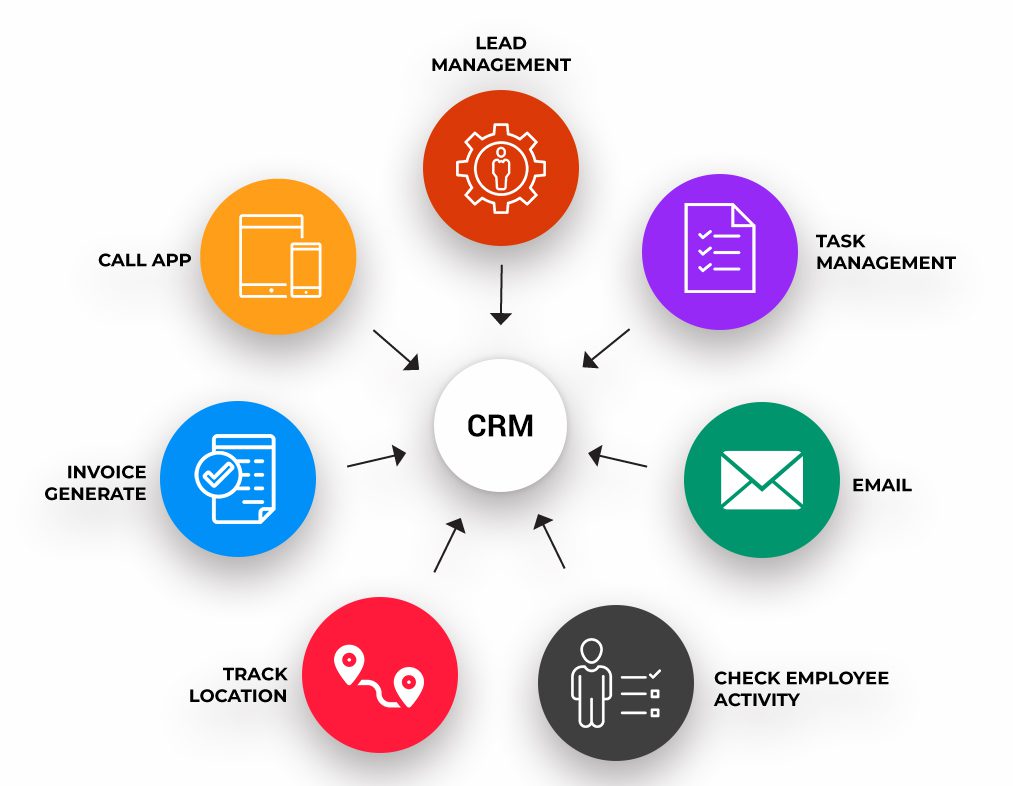Best CRM Database: With the increasing importance of CRM databases in businesses, it’s crucial to understand the key features, data security measures, integration capabilities, and user experience offered by top CRM platforms. Let’s delve into the world of CRM databases to explore what makes them the best in the industry.
Introduction to CRM Databases: Best Crm Database

Customer Relationship Management (CRM) databases are tools used by businesses to store and manage customer information, interactions, and transactions. These databases play a crucial role in helping companies improve customer relationships, increase sales, and enhance marketing strategies. Industries such as retail, banking, insurance, and telecommunications benefit greatly from utilizing CRM databases to streamline their operations and provide personalized services to their customers.
Key Features of the Best CRM Databases
The best CRM databases should include essential features such as contact management, lead tracking, sales forecasting, and reporting capabilities. Customization options are crucial to tailor the database to fit the specific needs of each business. Additionally, scalability is vital to ensure that the CRM database can grow alongside the business and adapt to changing requirements.
Data Security and Privacy

Data security is of utmost importance in CRM databases to protect sensitive customer information from unauthorized access or breaches. Measures such as encryption techniques, access controls, and regular security audits are implemented to ensure data privacy. Examples of encryption methods used include SSL encryption, tokenization, and data masking to safeguard customer data.
Integration Capabilities
CRM databases offer integration capabilities with various tools and software to enhance efficiency and productivity. Businesses can easily integrate CRM databases with email marketing platforms, social media channels, and e-commerce systems to streamline operations and improve customer interactions. Popular integrations include integration with Salesforce, MailChimp, and Shopify to create a seamless workflow.
User Interface and Experience, Best crm database

The user interface of the best CRM databases should be intuitive, user-friendly, and customizable to meet the needs of different users. A good user experience is essential for employees to efficiently navigate the database and access relevant information. Features such as drag-and-drop customization, interactive dashboards, and mobile compatibility enhance the user experience and make CRM databases more accessible and user-friendly.
Final Summary
In conclusion, the best CRM databases combine essential features, robust security measures, seamless integration capabilities, and user-friendly interfaces to enhance business operations and customer relationships. Choosing the right CRM database can significantly impact the success of your business in the long run.
General Inquiries
What are the essential features of the best CRM databases?
The best CRM databases should have features like contact management, lead tracking, sales forecasting, and customer analytics.
How do CRM databases ensure data security and privacy?
CRM databases use encryption techniques, access controls, and regular security audits to protect sensitive customer data.
Can CRM databases easily integrate with other tools and software?
Yes, top CRM databases offer seamless integration with popular tools like email marketing platforms, accounting software, and customer service tools.

